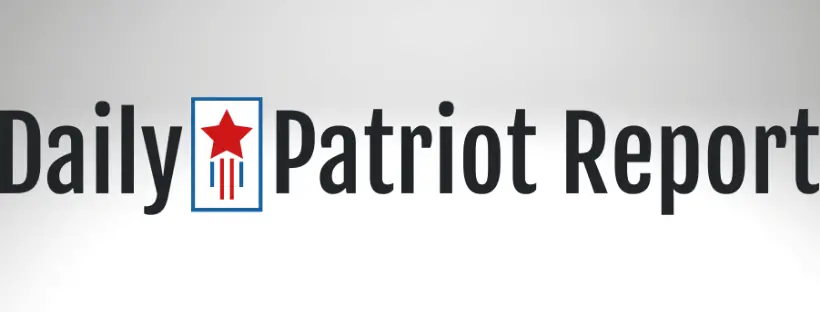The White House has blocked the Associated Press (AP) from the Oval Office and Air Force One. The reason? The AP refused to rename the "Gulf of Mexico" to the "Gulf of America."
On his first day in office, President Trump directed the Department of the Interior to rename the Gulf of Mexico. Companies like Google complied, but the AP stuck with the original name. This decision frustrated White House officials, leading to AP reporters being barred from recent events in the Oval Office and Diplomatic Reception Room.
White House Deputy Chief of Staff Taylor Budowich explained the move in a post on X. He made it clear the AP’s access would remain restricted.
“The Associated Press continues to ignore the lawful geographic name change of the Gulf of America,” Budowich wrote. “This decision is not just divisive, but it also exposes the Associated Press' commitment to misinformation.”
Budowich insisted this isn’t about suppressing free speech. “While their right to irresponsible and dishonest reporting is protected by the First Amendment, it does not ensure their privilege of unfettered access to limited spaces, like the Oval Office and Air Force One,” he added.
He also suggested the move would give more journalists access. “That space will now be opened up to the many thousands of reporters who have been barred from covering these intimate areas of the administration,” Budowich continued. However, AP reporters will still have their White House credentials.
White House Press Secretary Karoline Leavitt defended the name change. “It is a fact that the body of water off the coast of Louisiana is called the Gulf of America,” she said. “I’m not sure why news outlets don’t want to call it that.”
AP executive editor Julie Pace responded in a letter to White House Chief of Staff Susie Wiles. She expressed serious concerns over the White House’s actions.
“The actions taken by this White House were plainly intended to punish the AP for the content of its speech,” Pace wrote. “It is among the most basic tenets of the First Amendment that the government cannot retaliate against the public or the press for what they say.”
